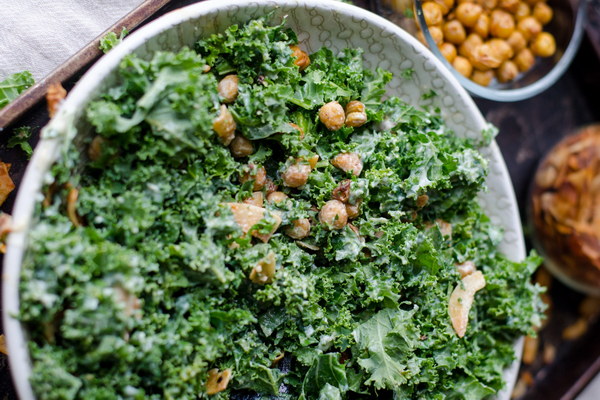Do You Need to Cut Sugar to Age Gracefully The Truth About Anti-Aging and Sugar Control
In the quest for youthful vitality and a timeless appearance, the debate over whether to cut sugar from our diets has gained significant traction. The term anti-aging is often synonymous with healthy living, but does this mean we need to limit our sugar intake? Let's delve into the science behind the connection between sugar and aging to understand if controlling sugar is a necessity for anti-aging efforts.
The Glycation Conundrum
One of the primary reasons why sugar has been flagged as an enemy of anti-aging is its role in a process called glycation. Glycation is a chemical reaction that occurs when sugars, including glucose from carbohydrates and fructose from fruits and sweetened beverages, bind to proteins and fats in the body. This creates advanced glycation end products (AGEs), which are linked to numerous age-related health issues, such as wrinkles, joint pain, and even cognitive decline.

When AGEs accumulate in the body, they can lead to the cross-linking of proteins, a process that can cause skin to lose elasticity, leading to wrinkles and sagging. Moreover, AGEs have been associated with inflammation, which is a key factor in the aging process.
Sugar and Inflammation
In addition to glycation, sugar consumption can also lead to inflammation. High sugar intake has been linked to increased levels of inflammatory markers in the body, which can exacerbate the aging process. Chronic inflammation can damage cells, tissues, and organs, contributing to the signs of aging.
The Impact on Insulin and Body Fat
Another concern with excessive sugar intake is its impact on insulin levels. When we consume sugar, our bodies release insulin to help transport glucose into cells for energy. However, when insulin levels are consistently elevated due to high sugar diets, it can lead to insulin resistance, a precursor to type 2 diabetes. Insulin resistance is also associated with the accumulation of abdominal fat, which can increase the risk of cardiovascular disease and other age-related health conditions.
Moderation is Key
So, does this mean we need to completely eliminate sugar from our diets to age gracefully? Not necessarily. Moderation is key. While excessive sugar intake can contribute to the aging process, a small amount of sugar is not harmful in itself. The World Health Organization (WHO) recommends that adults and children reduce their intake of free sugars to less than 10% of their total energy intake, with an even lower goal of less than 5% for added sugars.
Balanced Diet and Lifestyle
To promote healthy aging, it's important to focus on a balanced diet that includes a variety of nutrient-dense foods. This means incorporating plenty of fruits, vegetables, whole grains, lean proteins, and healthy fats into your meals. By doing so, you can naturally reduce your intake of added sugars and other processed foods that are high in empty calories.
In addition to diet, maintaining an active lifestyle, getting enough sleep, and managing stress can all contribute to a healthier, more youthful aging process. It's also important to note that genetics play a significant role in how we age, so while controlling sugar intake can help, it's just one piece of the puzzle.
Conclusion
In conclusion, while controlling sugar intake can be beneficial for anti-aging efforts, it's not the only factor to consider. A balanced diet, regular exercise, adequate sleep, and stress management all play important roles in how we age. By focusing on overall health and well-being, we can enjoy the benefits of a more youthful appearance and vitality for years to come.









